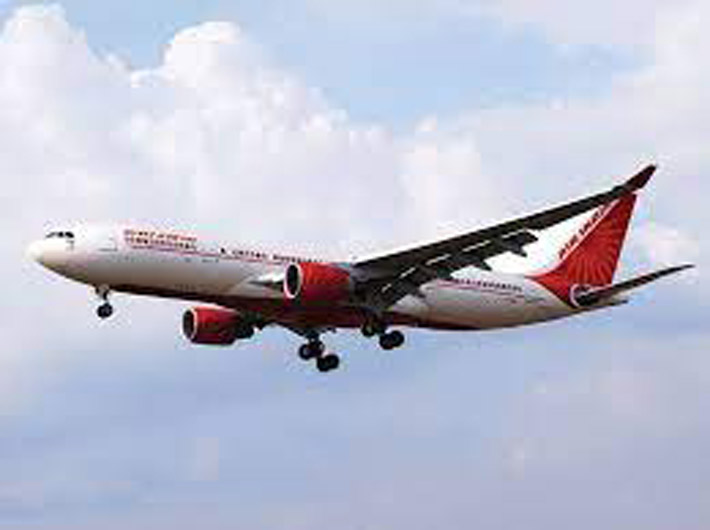When it comes to travel and tourism, India has a highly seasonal market. Traffic is usually high in the months of May and June, through mid-July the international traffic flows are high, thus contributing to the domestic feed as well. July through September is traditionally leaner period as travel is restricted due to monsoon and other religious reasons.
In October, with the festive season starting Dussera, traffic picks up again and by middle of January the demand diminishes. Till about the last week of April, this trend of softening of demand continues and again, due to summer holidays, the demand increases.
The airfares are dynamic in nature and follow the principle of demand & supply, noted minister of state in the ministry of civil aviation Gen. (Dr) V. K. Singh (Retd) in a written reply to a question in Lok Sabha on Thursday. The fares are also dependent on a number of other factors such as the number of seats already sold on a particular flight, prevailing fuel price, the capacity of the aircraft operating on the route, competition on the sector, season, holidays, festivals, long weekends, events (sports, fairs, contests) etc.
As per prevailing regulation, airfares are neither established nor regulated by the Government. Under the provision of Sub Rule (1) of Rule 135 of the Aircraft Rules, 1937, every air transport undertaking engaged in scheduled air services are required to establish tariff having regard to all relevant factors, including cost of operation, characteristic of services and the generally prevailing tariff. Airlines are free to charge air fares as per their operation viabilities subject to compliance to above said rule.
Passenger facilitation
Airlines have to facilitate the passenger affected due to cancellation and delay in flights in accordance with Directorate General of Civil Aviation (DGCA) issued Civil Aviation Requirement (CAR) Section 3, Series M, Part IV titled as "Facilities to be provided to passengers by airlines due to denied boarding, cancellation of flights and delays in flights".
In case of cancellation, if the passenger is not informed earlier of the cancellation, the airlines shall either provide alternate flight or provide compensation in addition to the full refund of air ticket. In addition, the airline has to provide meals and refreshments to the passengers who have already reported for their original flight at the airport while waiting for the alternate flight.
In case of delay, the airline has to provide meals and refreshments/hotel accommodation/alternate flight /full refund to the passenger who has checked in on time depending on the expected delay beyond of its original announced scheduled time of departure.
In order to check the compliance of laid down regulation by scheduled domestic airlines, DGCA carries out inspections at various airports in the country on random basis. During inspection, if an airline is found in violation of the provisions of CAR, necessary penal action, including financial penalty, is imposed against the airline.
